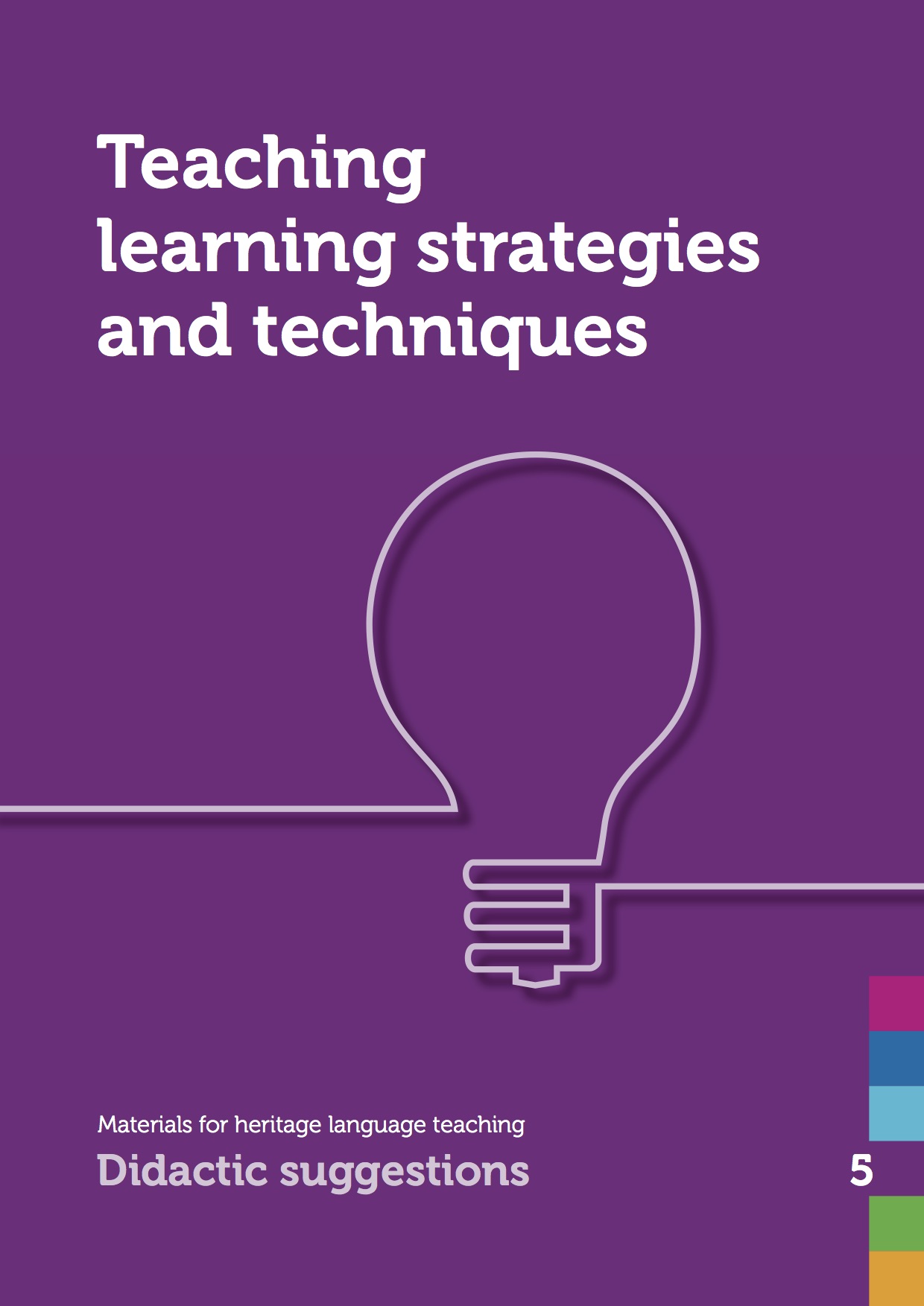Hints:
- The framework for educational discussions in HLT comprises mostly two types of situations:
1. Shorter educational talks that concern primarily a brief feedback about a specific task. This type can occur during class, e. g.parallel to students‘ quiet work assignments in class.
2. More comprehensive educational discussions, which involve more of a fundamental status assessment. They require more time and should be conducted before or after class. - Educational discussions should be conducted with every student at least once per semester. In practice, this often occurs in conjunction with a grade report. Equally valuable are also educational talks concerning a specific assignment (presentation, etc.).
- It is useful when the instructor and the students prepare themselves for the discussion. To this end, the students should receive concrete questions or assignments.
- In exceptional cases, educational talks can be conducted with two students simultaneously.
- Good information, suggestions and examples (in German) are available in the internet under the heading ‹Schulentwicklung nrw – Lerngespräche führen›.
Procedure (Example):
- The starting point can be the instructor’s request for an educational talk with the students concerning a specific task or generally about their progress and development needs. It can also result from the request of a child to discuss a certain task, problem, or progress with his/her teacher.
- Before more fundamental discussions, an appropriate and fitting timeframe should be determined to allow the conversation partners ample time for preparation.
- The educational discussion ends with a summary. Possibilities: a short protocol with agreements is drafted, or concrete goals for the next weeks or 3-4 months are agreed upon and recorded.
Examples of questions to prepare for the educational discussion about a particular task:
- Please report: in what aspects did I succeed well in this assignment?
- What was difficult for me?
- Where do I have to improve?
- What can and will I do differently next time?






